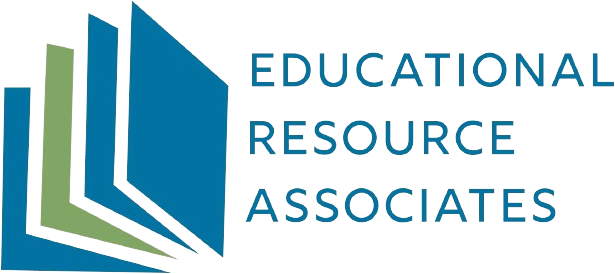Early language for later school success
Judy K. Hintz holds a Master’s of Science degree in education from Drake University. Her areas of specialization are emotional and learning disabilities. Undergraduate degrees are in elementary education and early childhood education. As the director of Educational Resource Associates, Inc. she conducts evaluations, designs individual programs, and trains and supervises the staff. Her educational strategies reflect her philosophy that all children and adults can be successful learners.
We commonly take oral language development for granted! It does occur as a result of exposure to spoken language. This exposure is given by caretakers such as parents, babysitters, and preschool teachers. It begins at the infant stage and continues throughout a child’s life.
As oral language is the basis for learning to read and write in later years, it is important to identify children who are not developing language at a normal rate. Actual intervention should begin as early as possible. Parents who suspect language difficulties should not accept the common excuse that “they’ll grow out of it,” or, “it will come.”
Language problems differ in type and severity for young children. Fortunately, there are many known milestones and behaviors that can be observed by parents and preschool teachers to determine language functioning.
Some children understand spoken language (receptive language) but have difficulty expressing themselves. They may have difficulty recalling words. This is known as word retrieval problems. They understand the word when they hear it but they can’t always verbally express it when they need to use it.
This child may say to you, “You know tat thing that goes fast,” or, “I forget.” Word retrieval difficulties can discourage a child from answering questions and talking in the classroom because he is embarrassed about his lack of expression. A good example of this is a child who has learned colors or letters but does not recall the names. He can receptively point to them but cannot verbally name them.
Children can also have difficulty with other spoken areas of grammar. They omit words or word endings and use tenses that are incorrect. They may also have difficulty expressing their ideas in an organized way. Problems in pronunciation or articulation are the most commonly recognized problems by parents and teachers. Substitution of sounds or mishearing of sounds, getting sounds in the wrong order or difficulty producing correct sounds are frequently observed.
A direct correlation has been noted between articulation problems and children who are having difficulty learning to read. This is often due to an undeveloped auditory process that becomes a speech and subsequent reading problem. While it is true that some speech sounds are acquired later than others, children may have many sounds that they cannot discriminate or pronounce. Fortunately, high quality work in this area will result in appropriate speech patterning and thus later reading success.
We assume that a child entering first grade has all the language background necessary; however, this is not always the case. Even mild problems in spoken language can have an impact upon school. Such language problems at first grade level are evidenced by difficulty following directions, learning vocabulary, understanding teacher instruction, and later reading comprehension. Moreover, problems in writing language are often a result of early problems in verbal language.
Language problems can be called many things by professionals or parents. The diagnosis may include terminology such as dyslexia, delayed language, communication disorder, language disability, learning disability, specific language disability. Regardless of the label, language disability should be assessed. At a preschool age this should include a hearing test, medical background, and a verbal language screening. Children above this age level would also benefit from additional assessment in reading and written language.
Resolution of language problems can range from individual work by a speech and language pathologist, language workshop or a heavily loaded language preschool program.
Finally, increased language performance will include not only more effective communication and increased reading comprehension, but it even has great effect on social/peer relationships!


Business Hours
- Mon - Fri
- -
- Saturday
- -
- Sunday
- Closed
Sunday by Appointment Only

Share On: